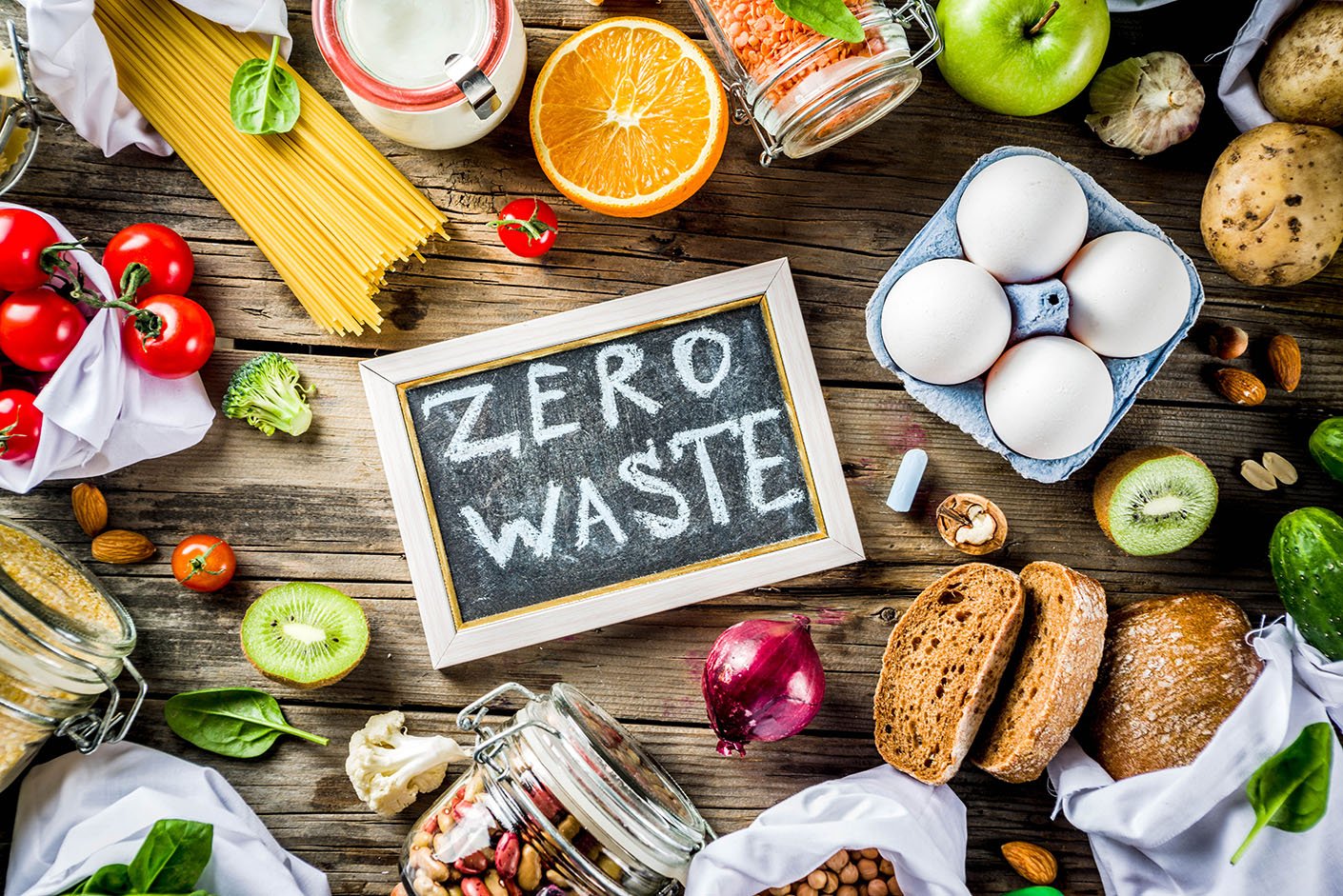
Although disposable packaging still generates waste, switching to responsibly sourced solutions significantly reduces the environmental impact by promoting recyclability, biodegradability and compostability. This shift aligns with consumer expectations and government regulations in many countries.
Disposable, paper-based packaging has become a cornerstone of sustainability strategies within the fast food industry, providing a practical alternative to the plastic and foam containers that have long dominated it. The switch to fast food disposable packaging such as paper helps reduce waste in several ways:
Paper biodegradability
Unlike plastic, which can persist in the environment for centuries, paper naturally decomposes relatively quickly, particularly when exposed to composting conditions. Even when discarded improperly, paper waste is less harmful to ecosystems than petroleum-based alternatives, which can fragment into microplastics and contaminate soil and water.
Paper recyclability
Most paper-based packaging can be collected and processed into new products when it is free from heavy plastic coatings or contamination. This circular approach prevents single-use items from simply becoming landfill waste. Fast food chains that adopt recyclable paper packaging contribute to a more sustainable waste stream, particularly in regions where recycling facilities are well established. Clear labelling and customer education can also help to increase recycling rates by ensuring that items are disposed of properly.
Paper sourcing
Many fast food chains now use packaging certified by organisations such as the Forest Stewardship Council (FSC), which ensures that the paper originates from responsibly managed forests. This creates a more sustainable cycle, as the raw material itself is renewable. By replacing plastic with responsibly sourced paper, chains can reduce their dependence on fossil fuel-based packaging.
Packaging functionality
Modern paper packaging often incorporates natural grease-resistant barriers, eliminating the need for plastic linings that hinder recycling. These innovations enable products such as burger wrappers, fry cartons and drink carriers to perform well without creating unnecessary waste.
Consumer perception further reinforces these benefits. Diners increasingly associate paper-based packaging with environmental responsibility, making them more likely to participate in recycling or composting schemes. This not only diverts waste, but also fosters brand loyalty towards chains that are committed to sustainability.




